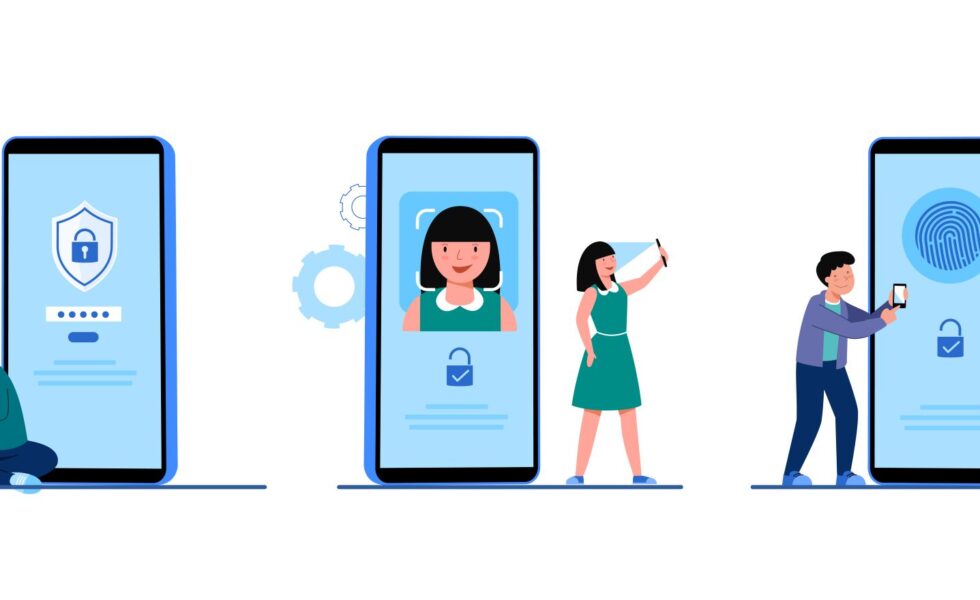In today’s hyper-competitive business landscape, customer service is more than a support function—it’s a strategic asset outsourced call centers. Consequently, one of the most pivotal decisions companies face is whether to manage call centre operations in-house or outsource them. While both models have merit, ROI remains the ultimate benchmark.
💰 What Is ROI in Call Centre Operations?
Return on Investment (ROI) measures the financial gain relative to the cost of an investment. Specifically, in the context of call centres, it includes:
- Direct costs: salaries, infrastructure, software
- Indirect costs: training, turnover, management overhead
- Revenue impact: customer retention, upselling, brand loyalty
Therefore, understanding these components is key to evaluating which model delivers better value.
🏢 In-House Call Centres: Control Comes at a Cost
✅ Advantages
- Brand Alignment: Agents are immersed in your culture and product.
- Data Security: Sensitive customer data stays within your ecosystem.
- Real-Time Oversight: Immediate control over quality and performance.
Thus, in-house teams offer tighter control and brand consistency.
❌ Challenges
- High Fixed Costs: Office space, equipment, and staffing add up fast.
- Scalability Limits: Expanding requires major capital investment.
- Turnover & Training: Recruiting and retaining talent is costly.
As a result, maintaining an in-house team can strain resources—especially during growth phases.
🌍 Outsourced Call Centers: Efficiency at Scale
✅ Advantages
- Cost Savings: Outsourcing can reduce costs by 30–70%
- Scalability: Easily ramp up or down based on demand.
- Expertise: Providers bring specialized training and tech stacks.
In other words, outsourcing offers flexibility and operational efficiency.
❌ Challenges
- Less Control: Quality and brand tone may vary.
- Data Risks: Requires robust compliance and contracts.
- Cultural Disconnect: Agents may lack deep product knowledge.
Nevertheless, many businesses find that the cost savings outweigh these risks—especially with the right partner.
📈 Example: A company reduced costs from $1M to $700K annually by outsourcing—but lost $500K in sales due to lower satisfaction, resulting in negative ROI
🔍 ROI Comparison: What the Numbers Say
| Factor | In-House | Outsourced |
| Initial Setup Cost | High | Low |
| Operational Flexibility | Limited | High |
| Quality Control | Strong | Variable |
| Scalability | Slow | Rapid |
Clearly, the numbers show that outsourcing can offer significant savings—but only if quality and customer satisfaction are maintained.
🧠 Strategic Takeaway
Ultimately, the best ROI doesn’t come from choosing one model blindly—it comes from aligning your call centre strategy with your business goals. For startups and cost-sensitive firms, outsourcing offers agility and savings. Conversely, for brands where customer experience is a differentiator, in-house may justify the investment.











